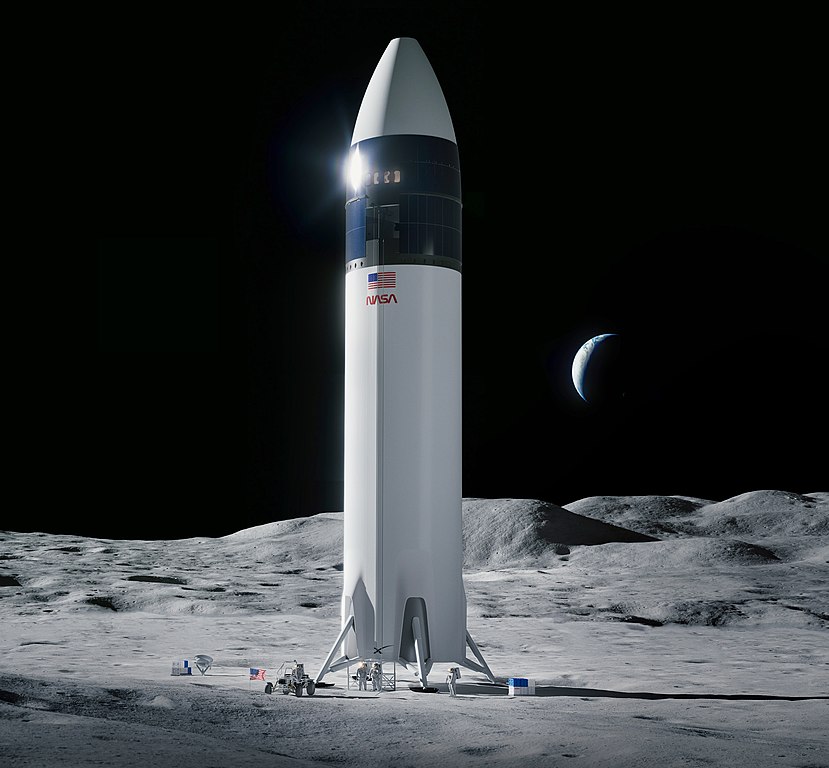General
Why should we spend billions of dollars to explore space if we still have so many problems on Earth? Mark
Rober, YouTuber and former NASA engineer, has uploaded a video discussing this question. The title is
"Is NASA a waste of money?".
He talks about the American budget, why NASA is improving life on Earth, with projects like SMAP. How
NASA is sheltering our Earth, and about all the technologies, techniques, and discoveries we are making
along the way is also addressed. The video is linked below.
Numbers
Let's talk about some numbers. Both NASA and SpaceX's missions cost a lot of money, but how much
exactly?
Let's take a look.
SpaceX
SpaceX's "Starship" project has its costs. From the beginning of December 2020 until the end of
March
2021, the company has launched four prototypes. SpaceX spends about 2 million dollars per
launch. That
brings the total to 8 million dollars. Even if this figure seems very large at first, you have
consider
the following: Starship is not only needed for a mission to Mars. SpaceX has planned much
more, like
the Interplanetary Transport System (ITS). NASA also funded part of SpaceX's lunar
landing
platform. They supported them with almost 3 billion dollars.
 Source: Wikipedia, "Starship HLS Moon landing"
Source: Wikipedia, "Starship HLS Moon landing"
The most important of all these points is probably the following: People are discovering and exploring
space with no guarantee that anything awaits us. This phenomenon could be compared to the discovery of
Australia.
Scientists assume that humans discovered Australia about 65000 years ago. To get there, they had to
travel a long way, through waters, without consistent food sources, and possible dehydration. And they
have taken all these risks without any knowing surely that something awaited them at the end.
This has not changed in humans to this day. It seems that discovery is written into our DNA.
And as Sarah Treadwell puts it, all it ultimately brings us is hope. Hope to achieve the impossible if
we settle aside differences and work on what seems surmountable.

